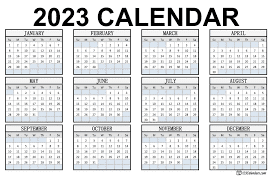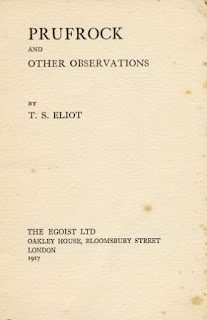The ancient Roman practice of beginning the civil year on the Kalends of January (January 1) predated and had no connection whatever with Christianity. Consuls assumed office in Rome on that date and gave their names to the year, even as now in New York State our recently re-elected Governor will begin her first full term of office today. Throughout the ancient Roman empire, gifts were exchanged and celebratory feasts got the new year off on a right footing. (Despite our current custom of Christmas presents, gift giving at New Year is still practiced in many parts of Europe, including France, Switzerland, Russia and Greece.) While the Church resisted incorporating the New Year festival into its calendar, the feast itself persisted – as such observances tend to do – in all its exuberance as an integral aspect of urban Roman life.
In medieval Europe, alternative more specifically Christian dates were sometimes used to mark the new year – especially March 25, which celebrates the Annunciation of the Blessed Virgin Mary (and thus the Incarnation of Christ). In promulgating what we now call the Gregorian Calendar in 1582, however, Pope Gregory XIII standardized January 1 as the date for the beginning of the calendar year, although without any liturgical commemoration of that fact, an anomaly that continues to the present day (apart from the not very widely kept customs of reciting the Te Deum on New Year’s Eve and the Veni Crestor on New Year’s Day).
Protestant Great Britain delayed adopting the Gregorian calendar, however, and kept March 25 as the beginning of the new year until 1752. Hence, George Washington was born on February 11, 1731, in the British Empire, while it was already February 22, 1732 in much of the rest of the world.
In any case, long before and after the world came to agree on January 1 as the secular New Year, different people in different parts of the world would have observed different New Year timings. Yet some broad areas of convergence in their diverging customs have persisted. And gift-giving on this occasion is among them, as are feasting and community revelry. The idea behind all this has been, so it is widely thought, to greet each other with something auspicious on the wake of the new year.
Thus, the New Year gift exchange persisted among the ordinary English people until the Victorian era. Gloves were a common gift. Also popular were oranges stuck with clove, used to preserve and flavor wine. Those English settlers in colonial America who were not holiday-averse apparently also continued to exchange gifts and presents at the New Year. As did the French. So still in France and French Canada even today gifts and greeting cards are presented on New Year’s Day.
Having a common date to begin the civil year is a valuable convenience. Of greater importance, however, is how the years are counted. The Romans counted the years from the purported founding of the City (ab urbe condita). Some Roman imperial provinces counted their years from when they had been incorporated into the empire as a province. Rulers, of course, had (and still have) their regnal years. Eventually, however, Christian Europe settled on dating years from the presumed date of the birth of Christ. Thus, we continue to date our years Anno Domini (« in the year of our Lord »). In this era, when the origin of our calendar is sadly often obscured by the neologism CE instead of AD, it was edifying at the accession of Britain’s new King Charles III last September, to hear the official Proclamation dated « this tenth day of September in the year of our Lord 2022. »
So today, with great joy and gratitude to God, we begin the new Year of our Lord 2023!




